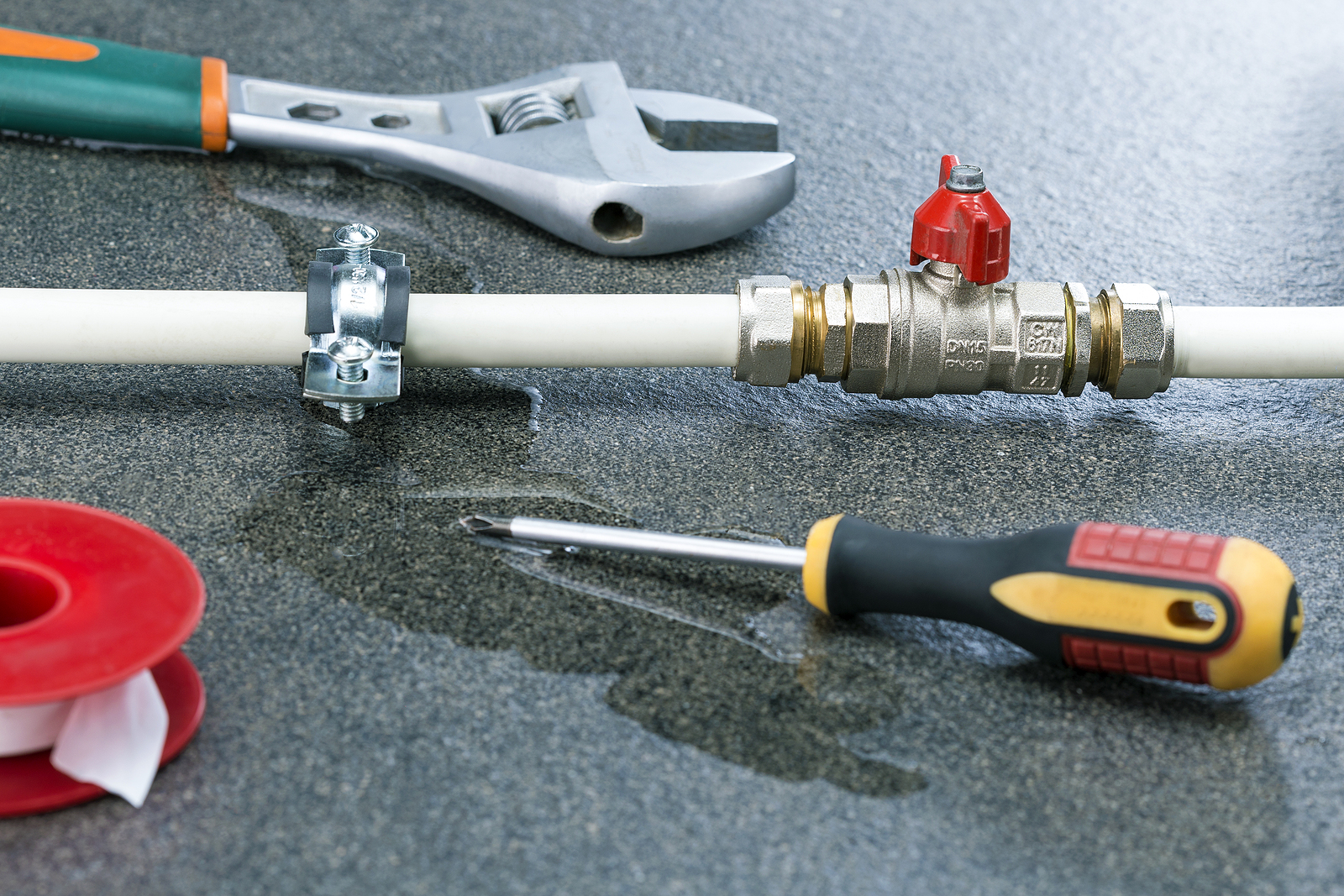Just about everyone seems to have their private conception involving Locating water leaks.

Early discovery of dripping water lines can alleviate a possible calamity. Apart from conserving you cash, it will reduce the irritation and also frustration. The minute you find a leak, calling your plumber for repairs is the very best service. Some tiny water leaks might not be visible. Right here are some hacks that assist if you can not spot it with your nude eyes.
1. Examine the Water Meter
Every home has a water meter. Examining it is a proven manner in which assists you find leaks. For beginners, turn off all the water resources. Ensure nobody will certainly purge, make use of the faucet, shower, run the cleaning equipment or dish washer. From there, most likely to the meter and also watch if it will alter. Considering that no person is utilizing it, there ought to be no activities. That shows a fast-moving leak if it moves. If you discover no changes, wait a hr or two as well as check back once again. This means you may have a slow leak that might also be below ground.
2. Check Water Intake
Analyze your water costs and also track your water consumption. As the one paying it, you need to discover if there are any kind of discrepancies. If you find sudden changes, in spite of your usage being the same, it suggests that you have leaks in your plumbing system. Bear in mind, your water costs ought to fall under the same range monthly. A sudden spike in your costs suggests a fast-moving leak.
At the same time, a steady rise each month, even with the exact same behaviors, reveals you have a sluggish leak that's additionally gradually intensifying. Call a plumber to extensively examine your home, especially if you feel a cozy area on your floor with piping beneath.
3. Do a Food Coloring Test
30% comes from bathrooms when it comes to water consumption. Examination to see if they are running correctly. Decrease flecks of food shade in the tank as well as wait 10 mins. If the color somehow infiltrates your dish throughout that time without flushing, there's a leakage in between the storage tank and dish.
4. Asses Exterior Lines
Do not fail to remember to inspect your outdoor water lines as well. Should water permeate out of the link, you have a loose rubber gasket. One small leak can lose tons of water and increase your water costs.
5. Examine and Assess the Circumstance
Home owners ought to make it a behavior to inspect under the sink counters as well as even inside closets for any bad odor or mold development. These two warnings indicate a leak so prompt interest is required. Doing routine assessments, also bi-annually, can save you from a significant problem.
Check for stainings and weakening as a lot of pipelines as well as home appliances have a life span. If you think leaking water lines in your plumbing system, don't wait for it to rise.
Early detection of leaking water lines can reduce a prospective catastrophe. Some little water leaks may not be noticeable. Inspecting it is a surefire method that helps you discover leaks. One little leakage can waste tons of water as well as surge your water bill.
If you presume leaking water lines in your plumbing system, do not wait for it to rise.
WARNING SIGNS OF WATER LEAKAGE BEHIND THE WALL
PERSISTENT MUSTY ODORS
As water slowly drips from a leaky pipe inside the wall, flooring and sheetrock stay damp and develop an odor similar to wet cardboard. It generates a musty smell that can help you find hidden leaks.
MOLD IN UNUSUAL AREAS
Mold usually grows in wet areas like kitchens, baths and laundry rooms. If you spot the stuff on walls or baseboards in other rooms of the house, it’s a good indicator of undetected water leaks.
STAINS THAT GROW
When mold thrives around a leaky pipe, it sometimes takes hold on the inside surface of the affected wall. A growing stain on otherwise clean sheetrock is often your sign of a hidden plumbing problem.
PEELING OR BUBBLING WALLPAPER / PAINT
This clue is easy to miss in rooms that don’t get much use. When you see wallpaper separating along seams or paint bubbling or flaking off the wall, blame sheetrock that stays wet because of an undetected leak.
BUCKLED CEILINGS AND STAINED FLOORS
If ceilings or floors in bathrooms, kitchens or laundry areas develop structural problems, don’t rule out constant damp inside the walls. Wet sheetrock can affect adjacent framing, flooring and ceilings.
https://www.servicemasterbyzaba.com/blog/how-to-detect-water-leakage-in-walls/

We had been shown that write-up on Finding hidden leaks through a good friend on a different domain. Sharing is caring. Helping others is fun. Many thanks for your time invested reading it.